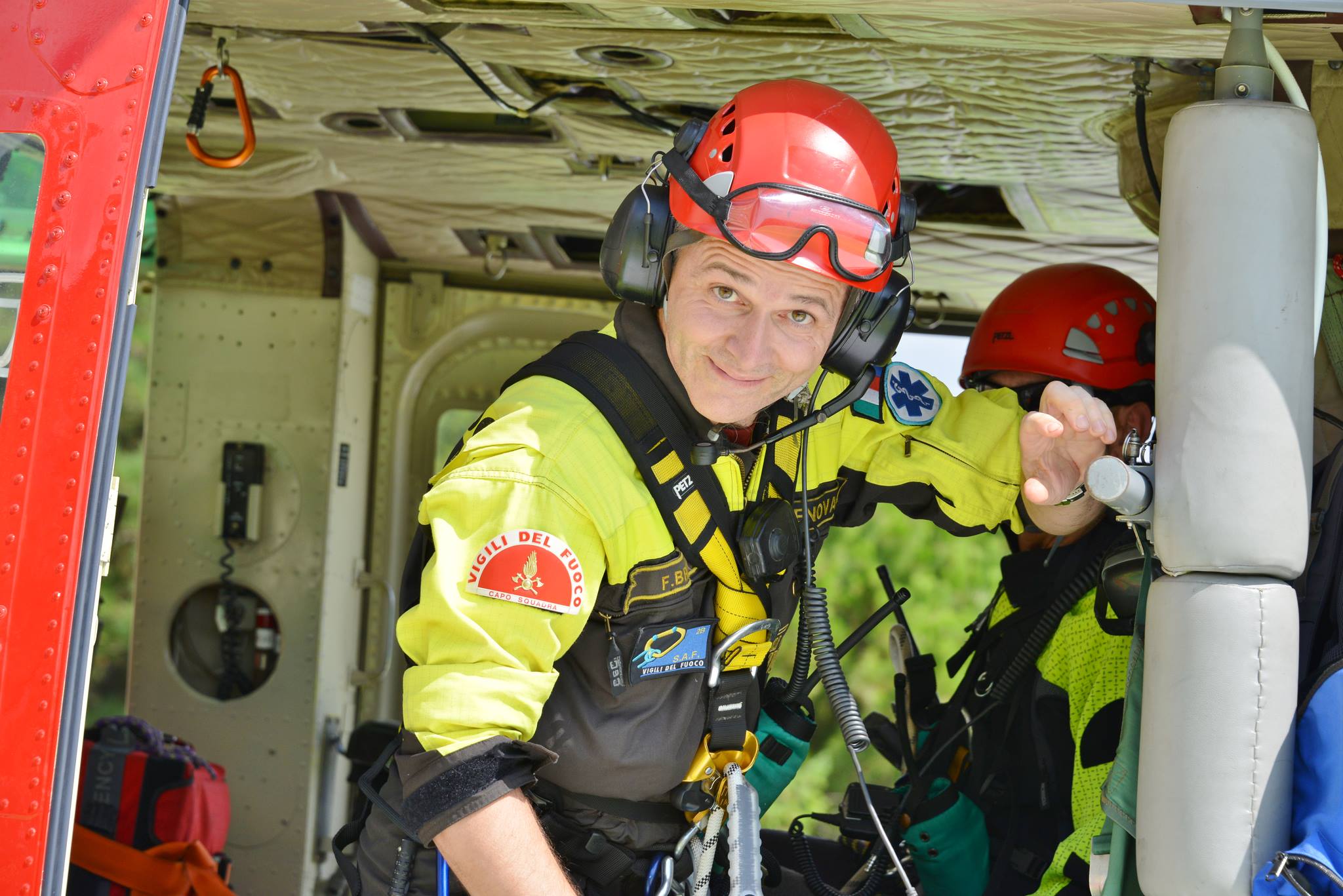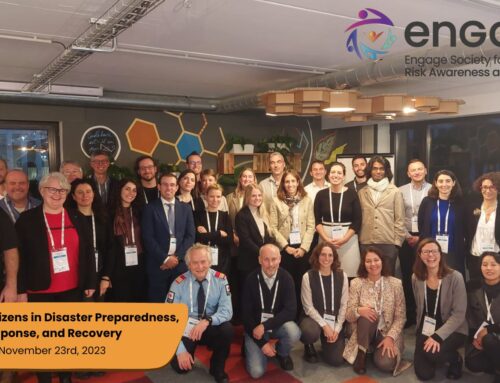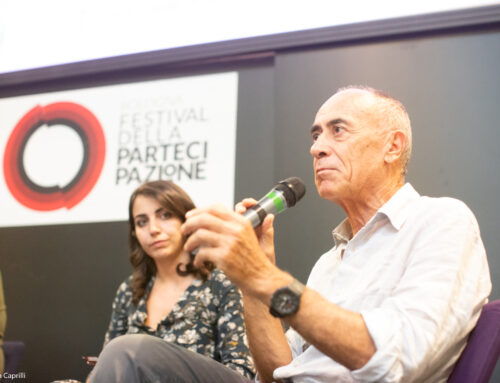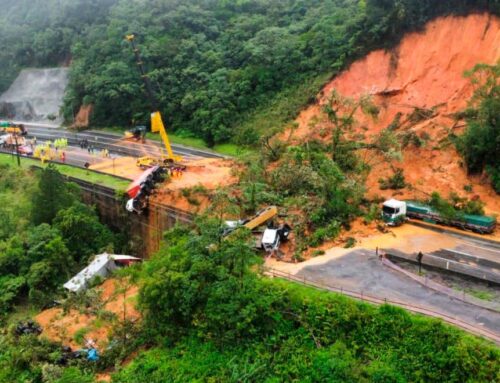When doing research, it is essential to look at the needs of end-users. It’s a fundamental requirement that’s not always easy to address.
Since end-users are the main beneficiaries that will directly use or benefit from the outputs, outcomes and results of the ENGAGE research, we decided to contact different end-users to exploit knowledge, share best practices, and obtain valuable inputs to enhance societal resilience and coordination between first responders and citizens. The final aim? Guarantee relevant contributions that can bring impact to the ENGAGE project.
Let’s start in Italy and get to know Federico Brizio, a control room coordinator for the fire services in Genoa (Italy) with more than 30 years of experience. Federico is a member of the Technical Assistance and Support Team (TAST), operating also in the framework of the European Civil Protection Mechanism. Due to this role, he has already had the opportunity to advise different disaster-affected communities in Europe but also in other continents.
One of his most remarkable experiences was undoubtedly the participation, as a First Aid Instructor in an Urban Search and Rescue (USAR) course for Haitian firefighters, in the aftermath of the 2010 catastrophic Haiti earthquake that occurred in the Haiti’s capital, Port au Prince with a magnitude of 7.0 Mw.
Our conversation focused first on how public safety organisations in Italy transmit recommendations/guidelines to ensure that citizens are better prepared for an eventual causality.
Federico starts to explain us that when weather-related disasters are foreseen, the Civil Protection sends a bulletin with recommendations for citizens. “This way, people can stay aware and see the proper sites and listen to the messages in the radio, smartphones, etc.”
During our conversation, Federico focused mainly on the value of people getting educated and the importance of learning safety behaviour for everyone, especially for kids at school. These courses are managed mainly by the Civil Protection.
Federico enumerates different scenarios where education and citizens behaviour to be adopted can be fundamental and even ensure that lives are not lost. Read below his tips to behave before different scenarios and learn best practices that you should follow. The tips are based in real situations that happen with some frequency in the region.
Trekking – “People go without GPS, map, compasses or appropriate clothes or shoes. So, the trekking behaviour would be a good thing to get educated on.”
Floods – During flash floods, people sometimes want to go inside the underpass, so we find people who have lost their lives in their way”
Earthquake – “Also during an earthquake, people need to know for instance to grab the leg of the table to protect themselves from a collapsing ceiling, shut off the gas valve, open the door, stay away from suspended parts, wear appropriate shoes because there is rubble. Also, a safety bag for earthquakes, you know a change of clothes and other necessary items e.g. water, food, a power bank, metal blankets, medicines, etc.
Self-care is an act of survival. Federico explains that firefighters always have a specific safety bag with different tools to allow them to survive in most different scenarios.
“We have a swimsuit in the safety bag because it’s easy to wash and dry. These are just some tips and tricks that we all need to know because they may give us the opportunity to save our lives and stay well. Especially in winter because we are in Liguria and the wind is very cold.”
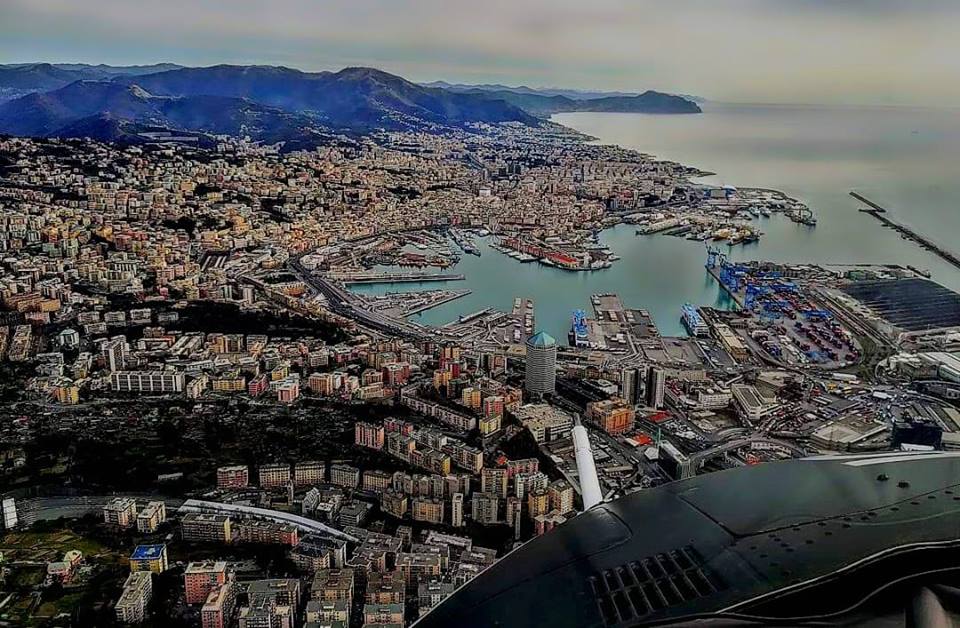
First Aid training – “Basic first aid training is really important. Like don’t move the person and immobilize the head of the injured in case of trauma, open the person’s mouth, sustain the breath, start an early CPR using DAE, stop the bleeding. People don’t need to be doctors to learn basic first aid!”
Emergency kit- “For instance, taking metal blankets when you go trekking, taking water and especially a power bank. Now we localise trekkers lost in the forest, sometimes using WhatsApp, but sometimes they don’t have any charge on the battery. So, smartphone and power bank are essential. We have a programme, so we send a message, and we get the location of the trekker, but you need battery on the phone. Power banks can really save your life.”
Then the conversation changed course and we focused on the importance of citizens and their behaviour before, during and after a disaster. Federico explains us that citizens’ adaptive or avoiding behavioural response can be determinant in an emergency – “sometimes we have found people dead because of an incredible lack of consciousness and unaware behaviour. It’s really incredible but we th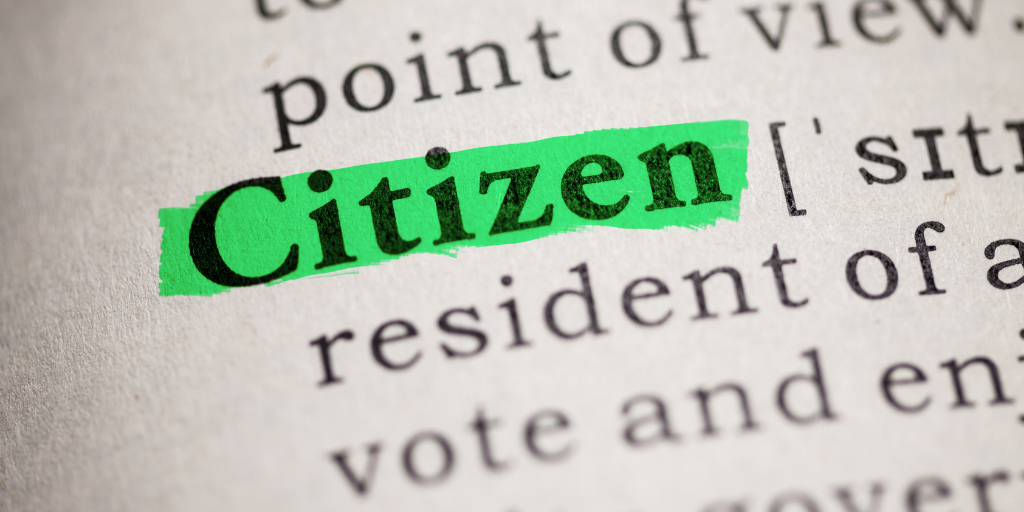 ink why you have done this. Citizens need to improve their knowledge, I’m absolutely sure this would reduce the number of deaths.”
ink why you have done this. Citizens need to improve their knowledge, I’m absolutely sure this would reduce the number of deaths.”
We realize that it is imperative that citizens change their behaviour and that this can have a great impact in times of emergency. How can citizens know how to respond?
“Citizens can help by following the recommendations given by official sources like the Civil Protection agency, 112 or other emergency services. There is a high risk of misunderstanding if you don’t consult official sources. This is a problem for our emergency call centre. We’ve answered calls where people have said ‘In town X there are lots of problems, people are underwater with floods.’ Sometimes this is not true, and the information was picked up from an unreliable source on social media. It diverts resources away from real emergencies.”
Finally, Federico dwells on the importance of citizens knowing how to get information in a crisis and alert to the constant danger of disinformation.
“Get information only from official sources because the risk of misunderstanding is really high. So official sources might be 112, emergency services, civil protection, municipality…but not from social media managed by other organisations that aren’t within the official system. It’s a problem also for the control room because sometimes we answer calls where people say in X town there are a lot of floods, people are underwater, but no one has called us from that town. Sometimes it’s fake news from social media and this distracts resources from emergencies. Of course, the people mean well, but the problem remains. So, people need to be conscious about the right sources.”
Authors: Marta Azevedo Silva, Media and Communications Manager at EENA & Federico Brizio, firefighter in Genoa, Italy

